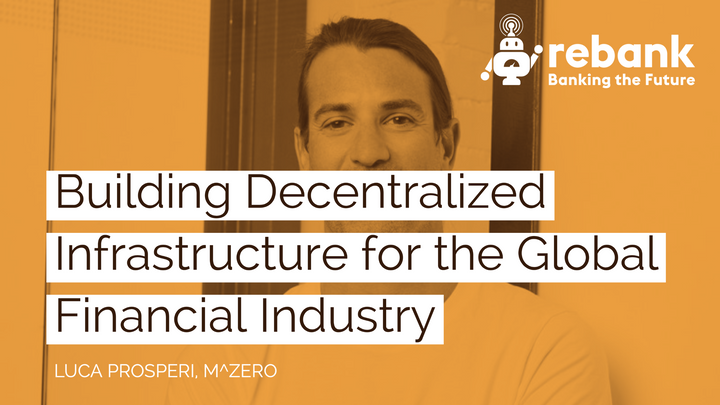The End of Fintech

Inside the fintech echo chamber, all seems rosy. LinkedIn, Twitter, conferences, awards events (useless!) and consultancy white papers continue to fly the fintech flag, but out in the real world, fintech is over.
The term fintech - approximative as it may have been - kind of made sense when it referred to digital payments and lending startups trying to disrupt banks. We’d seen tech disruption succeed against incumbents in photography and retail, why not banking? The thesis was simple, and it made intuitive sense.
Fast-forward ten years, and the term “fintech” has ballooned to encompass such a breadth of verticals, business models, customer needs, geographies and associated sectors that it has become meaningless. What do insurance, regulation, property development, token exchange, supply chain finance and core banking have to do with each other, other than… Well, other than nothing! It’s like saying Tesla, Bitcoin, Oculus and Neuralink are all EnergyTech companies, because they all use energy in new ways. What meaning would a term like that have?
Capgemini published a report this week about fintech’s reliance on banks to succeed, which was construed by the media as the failure of fintech. Firstly, it has been clear for at least three years that the “disrupt the banks” premise was flawed. Secondly, readers' key takeaway from the report should be that the term “fintech” has outlived its usefulness.
Let’s pick this apart.
A subset of companies are seeking to improve the way payments, lending and banking work. Many of them are bringing lessons learned in other industries to financial services, including openness.
Who is most interested in efficient payments, lending and banking? Well, banks. So why wouldn't there be engagement between startups and banks?
There are only a handful of business models in financial technology: own origination and capital, own origination but not capital (leverage someone else’s) or sell B2B solutions.
Financial services is a regulated, capital intensive industry. Originating off of your own balance sheet requires investors with deep pockets i.e. institutional or strategic backers. Originating off of someone else’s balance sheet requires partnerships with balance sheet providers i.e. banks or similar. Selling solutions means banks and other FS companies are your customers. Banks are party to at least two out of three business models.
The “disrupt the banks” premise was wrong. Banks are highly regulated, systemically important and politically strategic - there could be no Kodak moment. It naturally follows that “fintech” relies on banks’ success.
Sure, the continuing success of incumbent banks - and the perpetuation of their way of doing business - may not be good for customers, but that’s a topic for another day.
There’s a diverse range of companies and subverticals under the financial technology umbrella, with massive potential. To continue to make sense of what’s going, we have to drop the “fintech” label.


